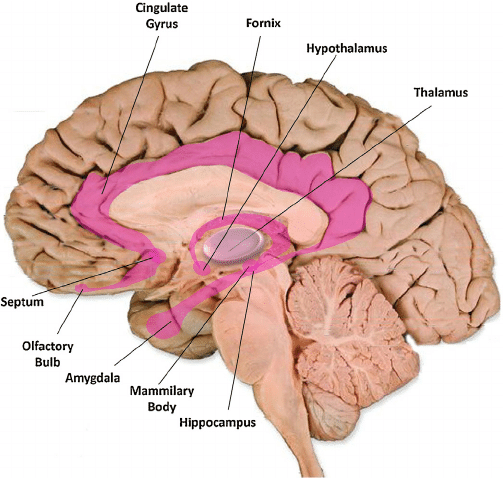Understanding the Connection Between Immune Systems and Attraction
Written on
Chapter 1: The Essence of Sexual Attraction
When it comes to desire, it’s an unmistakable sensation. But what truly defines sexual attraction? Is it the allure of someone’s eyes, figure, or hair? Recent research suggests that the appeal might stem from microscopic proteins found on the surface of a person’s immune cells. Intriguing, right?
Studies indicate that attraction may partly hinge on the similarities or differences between two individuals' immune systems. There are numerous theories regarding the roots of sexual attraction. Some propose that it emerges from assessing potential partners for reproductive viability. For example, certain physical traits in women, like hip width, are often linked to their ability to bear children, while men’s height and muscle mass may signal strength and protection capabilities.
However, these theories can be overly simplistic and fail to capture the complexities of attraction. Consider the evolutionary significance of a person's lower back or neck skin—what role do these features play in reproduction? Moreover, traditional reproductive theories overlook the nuances of same-sex attraction.
If physical traits don't fully explain attraction, perhaps the answer lies beyond mere visuals. The sense of smell, or olfaction, might hold the key. This sense, shared among mammals, reptiles, and insects, plays a vital role in communication and mate selection.

Chapter 1.1: The Unique Human Olfactory System
The human olfactory system stands out due to its direct access to deeper brain regions that other senses lack. Unlike sight and sound, which must pass through the thalamus—a regulatory hub for sensory signals—olfactory signals go straight to the limbic system. This area of the brain governs emotions, memory, and rewards, explaining why scents can trigger intense feelings.
Is your immune system appealing?
Most people recognize the immune system as the body’s defense against illness. Essentially, it comprises a network of cells and proteins that work together to identify and eradicate foreign invaders. Genetic diversity is often synonymous with evolutionary advantage, making it appealing.
Central to a person’s immune response is the major histocompatibility complex (MHC), or human leukocyte antigens (HLA). This identification system helps the immune system distinguish between the body’s own cells and foreign pathogens.

Chapter 1.2: The Role of Genetic Diversity
During reproduction, HLA genes are shuffled, enhancing genetic diversity, which typically correlates with evolutionary fitness. A research team in Dresden, Germany, posits that humans may have evolved the ability to sense the similarity of a potential partner's immune system based on their HLA composition. This controversial study, published in 2016, suggests that selecting mates with diverse HLAs may yield offspring better equipped to combat infections.
Video: Sexual Attraction Is Shaped by Gut Bacteria, Infectious Diseases, and Parasites - YouTube
This video explores the fascinating connection between gut health, immune systems, and sexual attraction.
Chapter 2: The Scent of Attraction
Studies involving rats have shown they can detect variations in MHC among their peers, likely through their olfactory senses. Some research indicates that a rat's MHC influences the microbial life on its skin, which may emit distinct odors based on their microbiome.
Interestingly, components of the MHC itself can be detected in bodily fluids like sweat and saliva, suggesting animals (including humans) might recognize each other's immune signatures through taste or smell. A Swiss study from 1995 found that women found the scent of T-shirts worn by men with dissimilar HLA profiles more appealing, although this preference varied based on hormonal factors.

Chapter 2.1: Attraction Beyond Reproduction
The immune system's influence on attraction primarily addresses reproductive contexts, which doesn't encompass same-sex attraction. If the appeal of immune system diversity were purely about reproductive advantage, it wouldn’t explain attractions in homosexual relationships. Research indicates that individuals often favor scents from those with similar sexual orientations. For instance, gay men have shown a distinct preference for the scents of both heterosexual women and other gay men.
This hints at the possibility that attraction to HLA diversity transcends sexual orientation, complicating the reproductive argument. The intricate nature of human attraction suggests it is influenced by a multitude of factors, both overt and subtle. Research implies that humans, like other mammals, can detect HLA and MHC profiles that differ from their own and tend to prefer these variations.
Video: More Attractive People Have Stronger Immune Systems, Study Says - YouTube
This video delves into the research linking attractiveness and immune system strength.
In conclusion, while the study of HLA diversity provides intriguing insights into attraction mechanisms, it alone does not encompass the multifaceted experience of sexual attraction. Continued research may eventually illuminate the role of HLA diversity in our attraction to others.